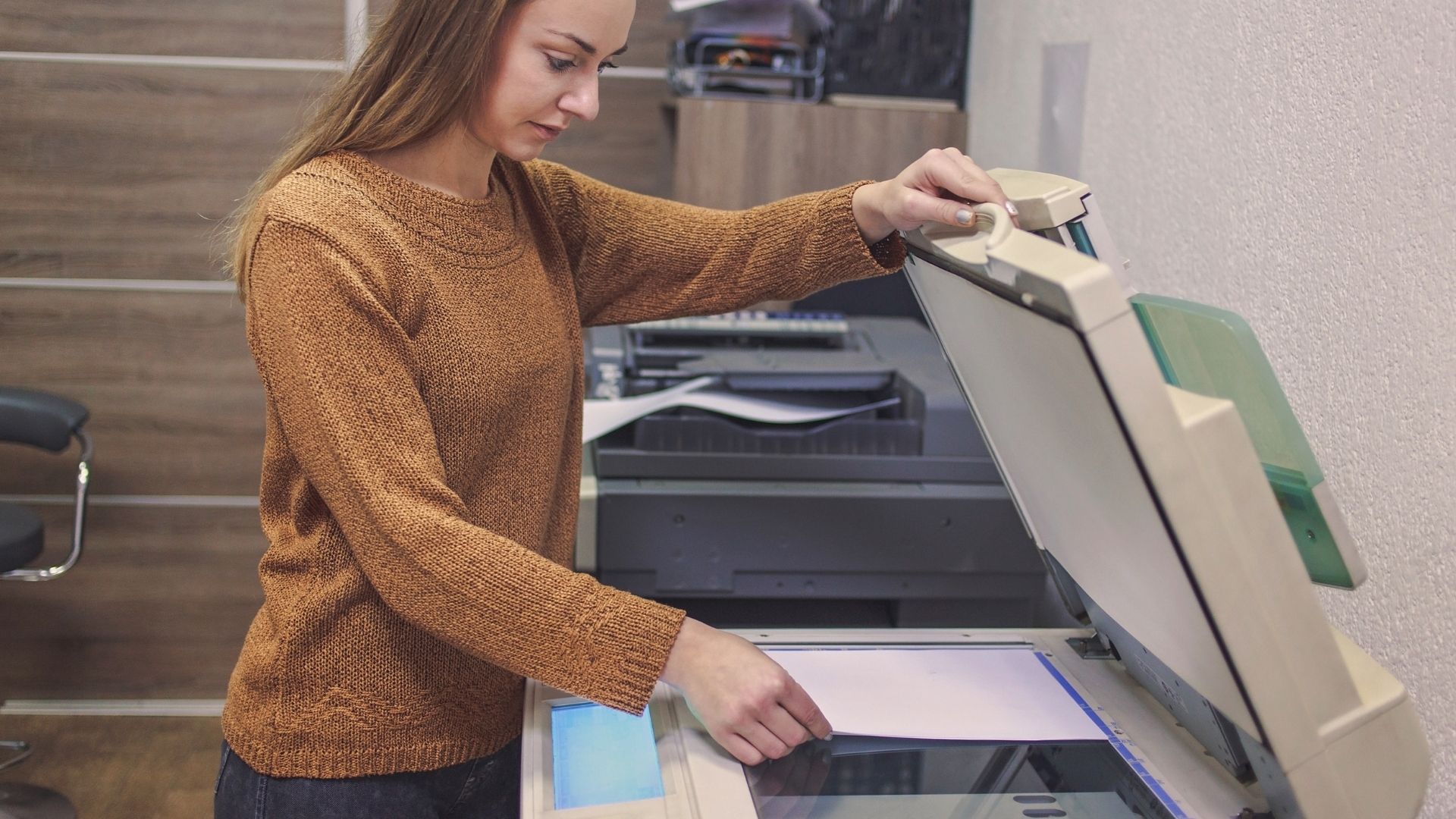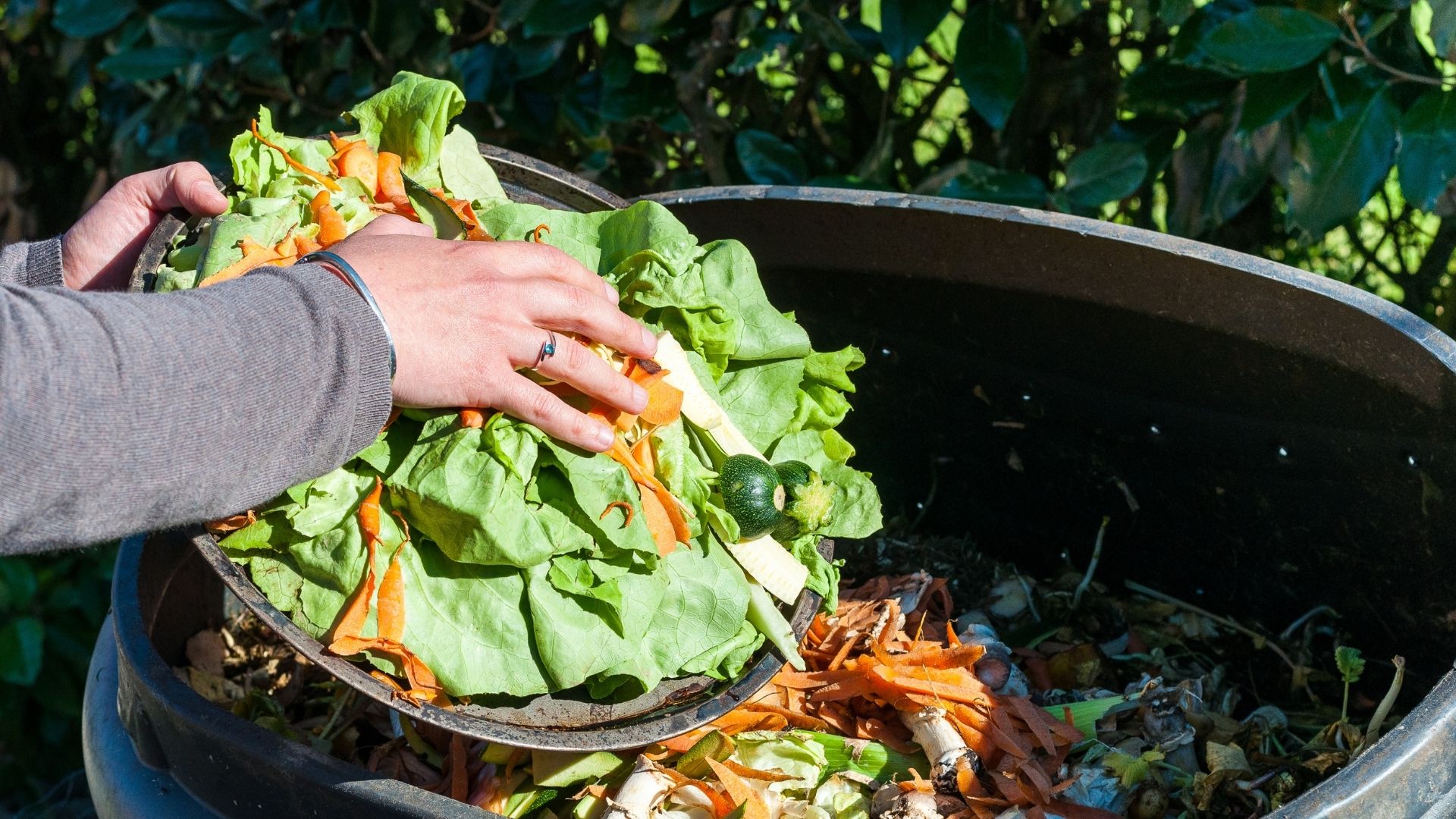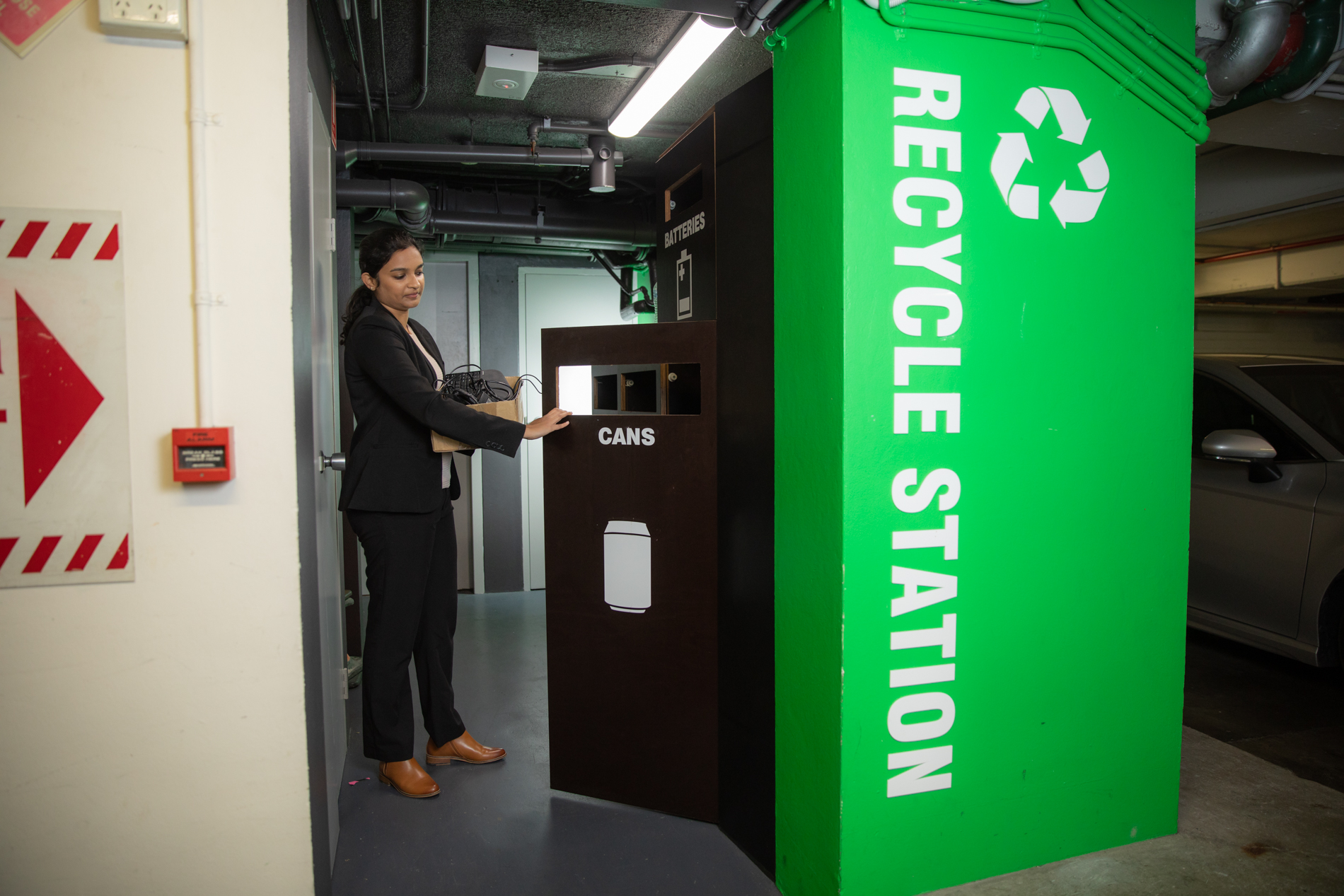SUSTAINABLE BUSINESS
Deep dive into your waste to save
Inspecting the waste your business generates is the first step to waste minimisation and reduced waste disposal costs.
The first step towards smarter waste management is understanding what is coming in, and going out of your business. A waste audit can help you to do this. This is a guide on how to conduct your own waste audit. However, there are also professional waste audit services available in the market.
How to conduct a waste audit to reduce unnecessary waste service costs
When it comes to bins, businesses are usually charged ‘by the collection’. That means, if you have one bin that is collected weekly, you get charged the same each week (one collection) no matter how full the bin is. So, the golden rule is to make sure your service frequency coincides with full bins. To do this, you need to assess what goes into your bins, and in what quantity. In the process, you might even discover some waste minimisation opportunities.
1. Conduct a bin inspection
- Note your workplace’s day-to-day activities, including what resources are being used.
- Consider how and where items enter your business, and familiarise yourself with its full lifecycle throughout your organisation.
- Look through all internal and external bins and make a list of waste and recyclables onsite.
2. Evaluate the contents
When making your list, consider the volumes of each item and ask yourself the following questions:
- Can it be reduced or avoided?
- Can it be reused?
- Can it be recycled?
3. Decide next steps
Once you have a better understanding of the types of resources coming in and out of your business, you can decide how to best avoid, reduce, reuse and recycle your waste. Here are some ideas, depending on what your business needs to focus on:
- Talk to your waste service provider to see what services they offer to improve your waste disposal. They may recommend trying to reduce your general waste and using compost or recycling to reduce your bill. You may also consider reviewing your waste contract in light of changes to your waste practices. PlanetArks’s Guide to reviewing waste and recycling contracts and service agreements may come in handy at this stage.
- Reduce your supplies order to match what is actually utilised.
- Encourage digital note taking and document sharing to reduce paper use.
- Contact a local upcycling program to give your used items another life.
- Start a recycling program
Source: Brisbane City Council
Where to next?

Reduce your paper, reduce your costs
Using less paper can reduce your business’s environmental impact and overhead costs.






